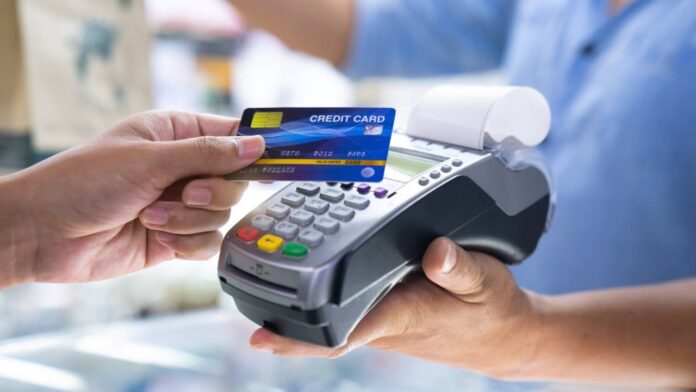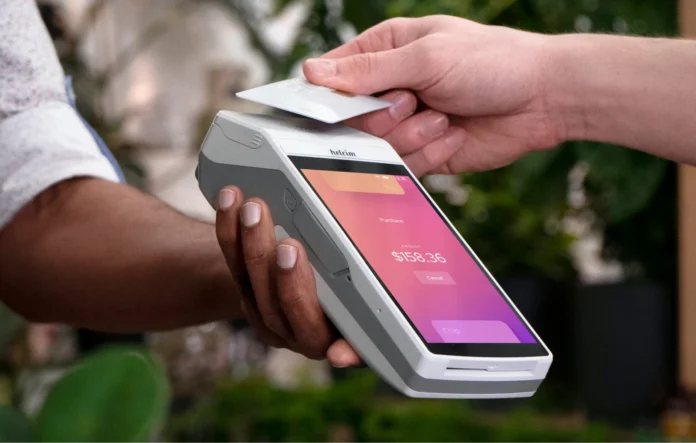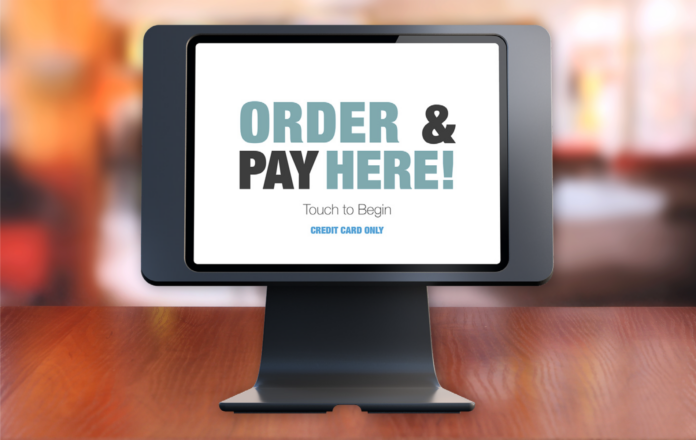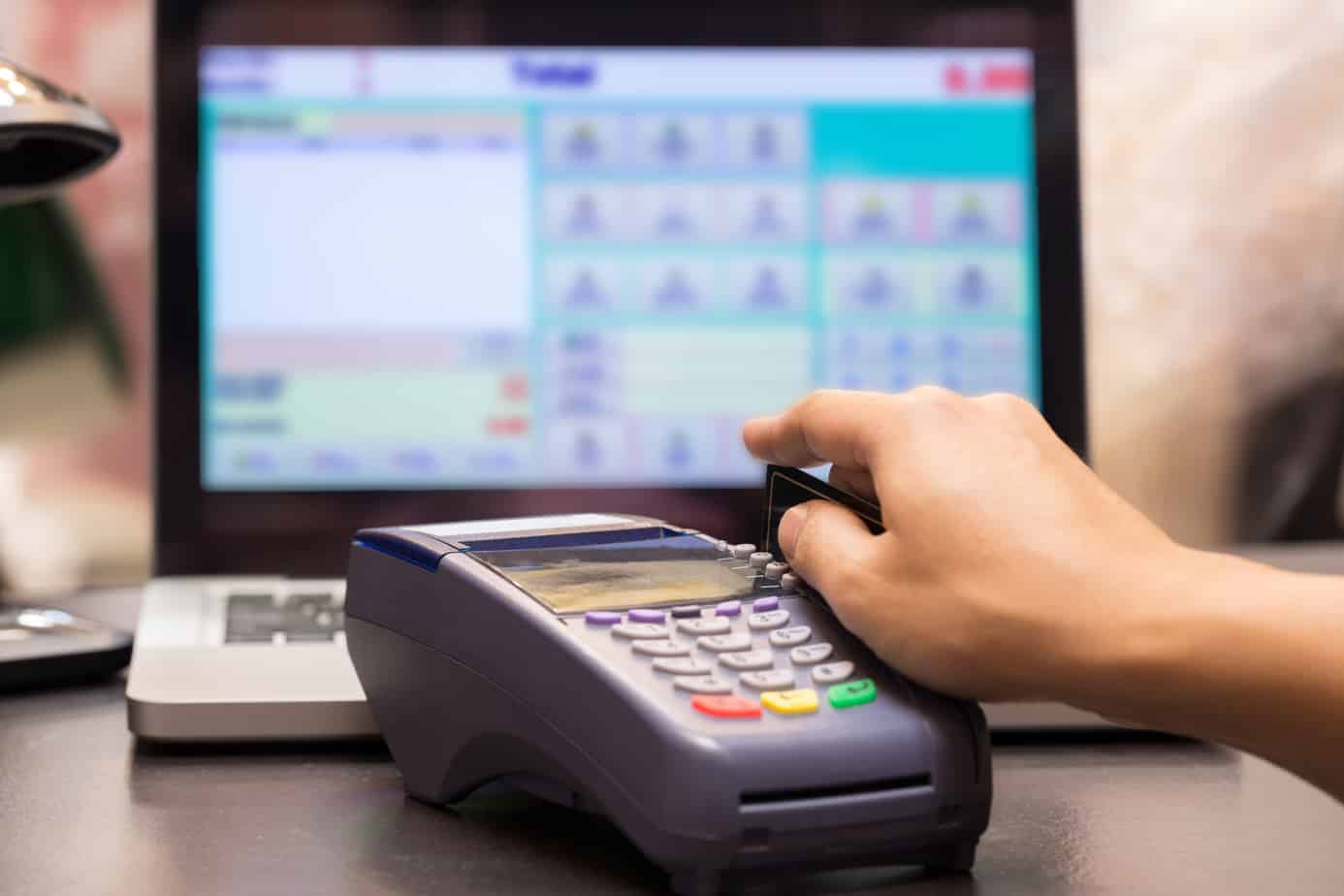In the evolving landscape of retail and commerce, the ability to process credit card payments efficiently stands as a cornerstone for business success.
Credit card machines, also known as Point of Sale (POS) terminals, have undergone significant transformations over the years, adapting to the technological advancements and changing consumer preferences.
This article delves into the various types of credit card machines available in the market, offering insights and tips to help businesses choose the right one to meet their operational needs and enhance customer satisfaction.
The Evolution of Credit Card Machines

The journey of credit card machines, essential for businesses, from their inception to the modern-day varieties exemplifies technological progress. Initially, mechanical imprinters etched card details onto paper slips, a method that has been largely obsolete for decades.
The advent of electronic terminals introduced magnetic stripe readers, which have been a standard feature until the emergence of chip (EMV) technology and contactless payments (NFC).
These developments have not only enhanced security but also expedited transaction processes, thereby elevating the customer experience for businesses utilizing the card machine for business.
Traditional Countertop Terminals
Countertop credit card machines are the stalwarts of POS systems, predominantly seen in fixed retail environments. These devices require a direct connection to a phone line or an internet connection to process payments.
Their reliability and ease of use make them a go-to choice for many brick-and-mortar stores. However, the physical constraints of countertop terminals may not suit businesses with mobile payment needs or those looking to streamline their checkout processes.
Mobile Card Readers

The rise of the gig economy and the expansion of mobile businesses have paved the way for mobile card readers. These compact devices connect to smartphones or tablets via Bluetooth or a headphone jack, transforming them into portable POS systems.
Mobile card readers are particularly beneficial for businesses on the go, such as food trucks, market vendors, and home service providers. They offer the flexibility to accept payments anywhere, provided there’s cellular or Wi-Fi connectivity.
Wireless Terminals
Wireless credit card machines offer a middle ground between the stationary nature of countertop terminals and the ultra-mobility of mobile readers. These devices operate on cellular networks or Wi-Fi, enabling transactions in various settings without the need for a direct connection to a phone line or internet cable.
Restaurants often favor wireless terminals to process payments tableside, enhancing customer convenience and security by keeping credit cards within patrons’ sight.
Smart Terminals

Smart terminals represent the next leap in credit card machine technology, incorporating touch screens, the ability to run custom applications, and a more user-friendly interface.
These devices support a wide array of payment methods, including magnetic stripe, EMV chip cards, and contactless payments like Apple Pay and Google Wallet.
Smart terminals are designed for businesses looking to integrate their payment systems with other operational tools, such as inventory management and customer loyalty programs.
Self-Service Kiosks

Self-service kiosks are standalone terminals that enable customers to complete transactions without direct staff assistance.
Commonly found in fast-food restaurants, parking garages, and cinemas, these kiosks expedite service delivery and reduce queue times.
While offering considerable advantages in terms of customer flow and operational efficiency, self-service kiosks demand a significant upfront investment and ongoing maintenance.
Tips for Choosing the Right Credit Card Machine
Selecting the appropriate credit card machine for your business is a decision that warrants careful consideration of several factors. Here are some guiding principles to assist in this process:
Understand Your Business Needs
Assessing the nature of your transactions is the first step in choosing a suitable credit card machine. Consider the volume of transactions, average transaction value, and the physical context in which these transactions occur.
For instance, a high-volume retail store might benefit from the reliability of a countertop terminal, while a mobile food vendor would find a portable card reader more fitting.
Consider Customer Convenience
Customer experience plays a pivotal role in modern commerce. Opt for a credit card machine that supports a variety of payment methods, including traditional cards, chip-enabled cards, and contactless payments. The faster and more seamless the payment process, the better the customer satisfaction.
Evaluate Integration Capabilities
For businesses leveraging various software systems for operations, sales, and inventory management, choosing a credit card machine that integrates seamlessly with these systems is crucial. Integration can streamline processes, reduce errors, and provide valuable insights into sales trends and customer behavior.
Assess Security Features

Security is paramount in payment processing. Ensure that the credit card machine complies with industry security standards, such as PCI DSS (Payment Card Industry Data Security Standard), and supports EMV chip technology. Advanced security features not only protect your business from fraudulent transactions but also instill confidence in your customers.
Factor in Costs
The cost of credit card machines varies widely, encompassing upfront purchase prices, monthly rental fees, and transaction processing fees. It’s essential to conduct a comprehensive cost analysis, considering both immediate and long-term expenses.
Opting for a machine with lower processing fees might save significant amounts over time, even if the initial investment is higher.
Consider Scalability
As your business grows, your payment processing needs might evolve. Choose a credit card machine and a service provider that can scale with your business, offering the flexibility to upgrade hardware or adjust service plans as required.
Seek Reliable Support
The importance of reliable customer support cannot be overstated. Technical issues with your credit card machine can disrupt sales and tarnish customer experiences. Ensure that your provider offers prompt and effective support services to address any problems that may arise.
Closing Thoughts
In the digital age, the ability to process credit card payments efficiently is not just a convenience but a necessity for businesses. The landscape of credit card machines is diverse, each type catering to different business models and customer interaction styles.
By carefully considering their specific needs, customer convenience, integration capabilities, security features, costs, scalability, and the availability of reliable support, businesses can choose the right credit card machine to streamline their operations and enhance the customer experience.
In doing so, they not only facilitate smooth transactions but also build a foundation for lasting customer relationships and sustained business growth.







